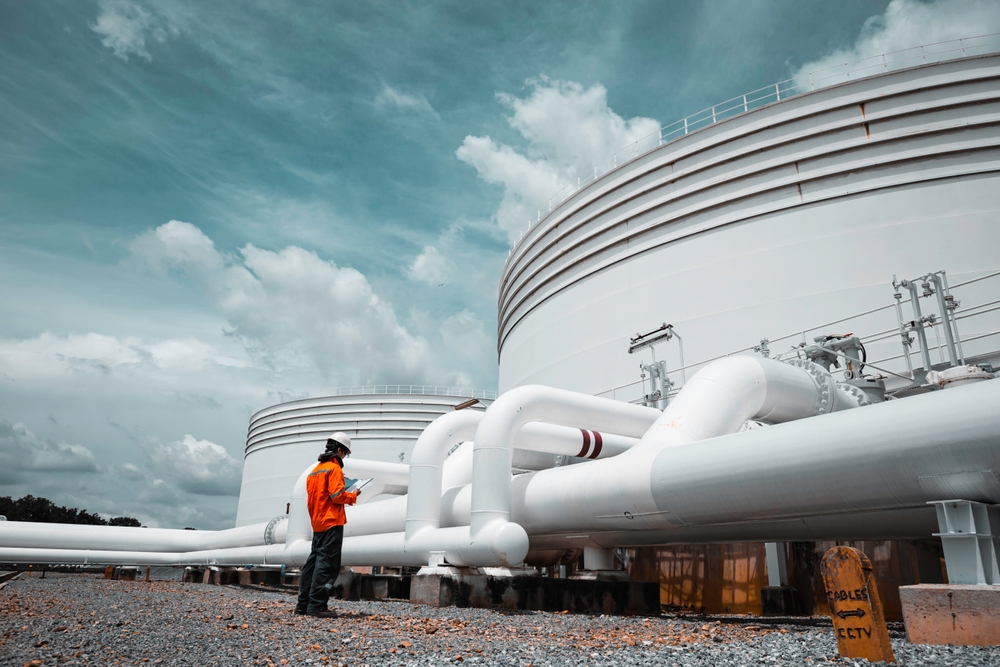

This course is intended to study the processes of volume reduction treatment, sweetening as well as fractionation of natural gas. It includes processes of dew point depression, removal of water and sulfur compound contaminants from natural gas and its hydrocarbon components’ separation to provide gas for transportation and utilization in the technical standards.
| City | Start Date | End Date | Fees | Register | Enquire | Download |
|---|---|---|---|---|---|---|
| Paris | 23-06-2025 | 27-06-2025 | 6200 $ | Register | Enquire | |
| Madrid | 07-07-2025 | 11-07-2025 | 6200 $ | Register | Enquire | |
| Amsterdam | 14-07-2025 | 18-07-2025 | 6200 $ | Register | Enquire | |
| Dubai | 28-07-2025 | 01-08-2025 | 4300 $ | Register | Enquire | |
| Dubai | 04-08-2025 | 08-08-2025 | 4300 $ | Register | Enquire | |
| Casablanca | 11-08-2025 | 15-08-2025 | 4950 $ | Register | Enquire | |
| Kuala Lumpur | 18-08-2025 | 22-08-2025 | 4950 $ | Register | Enquire | |
| London | 01-09-2025 | 05-09-2025 | 6200 $ | Register | Enquire | |
| Paris | 08-09-2025 | 12-09-2025 | 6200 $ | Register | Enquire | |
| Casablanca | 22-09-2025 | 26-09-2025 | 4950 $ | Register | Enquire | |
| Amsterdam | 06-10-2025 | 10-10-2025 | 6200 $ | Register | Enquire | |
| Paris | 13-10-2025 | 17-10-2025 | 6200 $ | Register | Enquire | |
| Barcelona | 20-10-2025 | 24-10-2025 | 6200 $ | Register | Enquire | |
| Casablanca | 03-11-2025 | 07-11-2025 | 4950 $ | Register | Enquire | |
| Milan | 10-11-2025 | 14-11-2025 | 6200 $ | Register | Enquire | |
| London | 17-11-2025 | 21-11-2025 | 6200 $ | Register | Enquire | |
| Krakow | 24-11-2025 | 28-11-2025 | 6200 $ | Register | Enquire | |
| Rome | 01-12-2025 | 05-12-2025 | 6200 $ | Register | Enquire | |
| Dubai | 08-12-2025 | 12-12-2025 | 4300 $ | Register | Enquire | |
| London | 15-12-2025 | 19-12-2025 | 6200 $ | Register | Enquire | |
| Singapore | 22-12-2025 | 26-12-2025 | 5500 $ | Register | Enquire | |
| Casablanca | 29-12-2025 | 02-01-2026 | 4950 $ | Register | Enquire |
From the perspective of processes performed in the natural gas element, it is quite clear that the natural gas industry is critical and requires highly skilled personnel at all times. This course addresses natural gas processes with a focus on dehydration, sweetening, and fractionation, which are essential for operational efficiency.
Natural gas dehydration involves the removal of excess water vapor from natural gases to reduce the risks of hydrate formation and corrosion in pipelines. Understanding the various dehydration methods and the relevant tools is crucial for protecting infrastructure.
The curriculum will cover various dehydration units, such as adsorbers, extractors, and systems that combine basic units. This knowledge will be supported by practical experience, focusing on modern adsorption technologies and their applications in the industry.
In addition to dehydration, natural gas sweetening plays a vital role in removing acid gases such as hydrogen sulfide (H2S) and carbon dioxide (CO2). This module will present an overview of natural gas sweetening and its stepwise elaboration. By employing sweetening techniques, the industry can consistently produce natural gas that meets commercial and regulatory requirements.
Finally, the course will address the process of natural gas fractionation, which involves the separation of natural gas liquids (NGLs). Participants will learn various theories and practices to optimize natural gas operations. Such knowledge is fundamental for professionals, enhancing their abilities and adding value to both individuals and the gas industry as a whole.
At the end of the Natural Gas Dehydration, Sweetening, and Fractionation Operations course, participants will be able to:
Unit 1: Introduction to Natural Gas Dehydration
Unit 2: Techniques and Methods in Natural Gas Dehydration
Unit 3: Fundamentals of Natural Gas Sweetening
Unit 4: Processes for Sweetening of Natural Gas
Unit 5: Separation and Treatment of Natural Gas
This comprehensive natural gas training will equip participants with the knowledge and skills required to perform natural gas dehydration, sweetening, and fractionation operations, thereby advancing their careers and facilitating progress and innovation in the natural gas sector.

.jpg)

.jpg)
.jpg)














